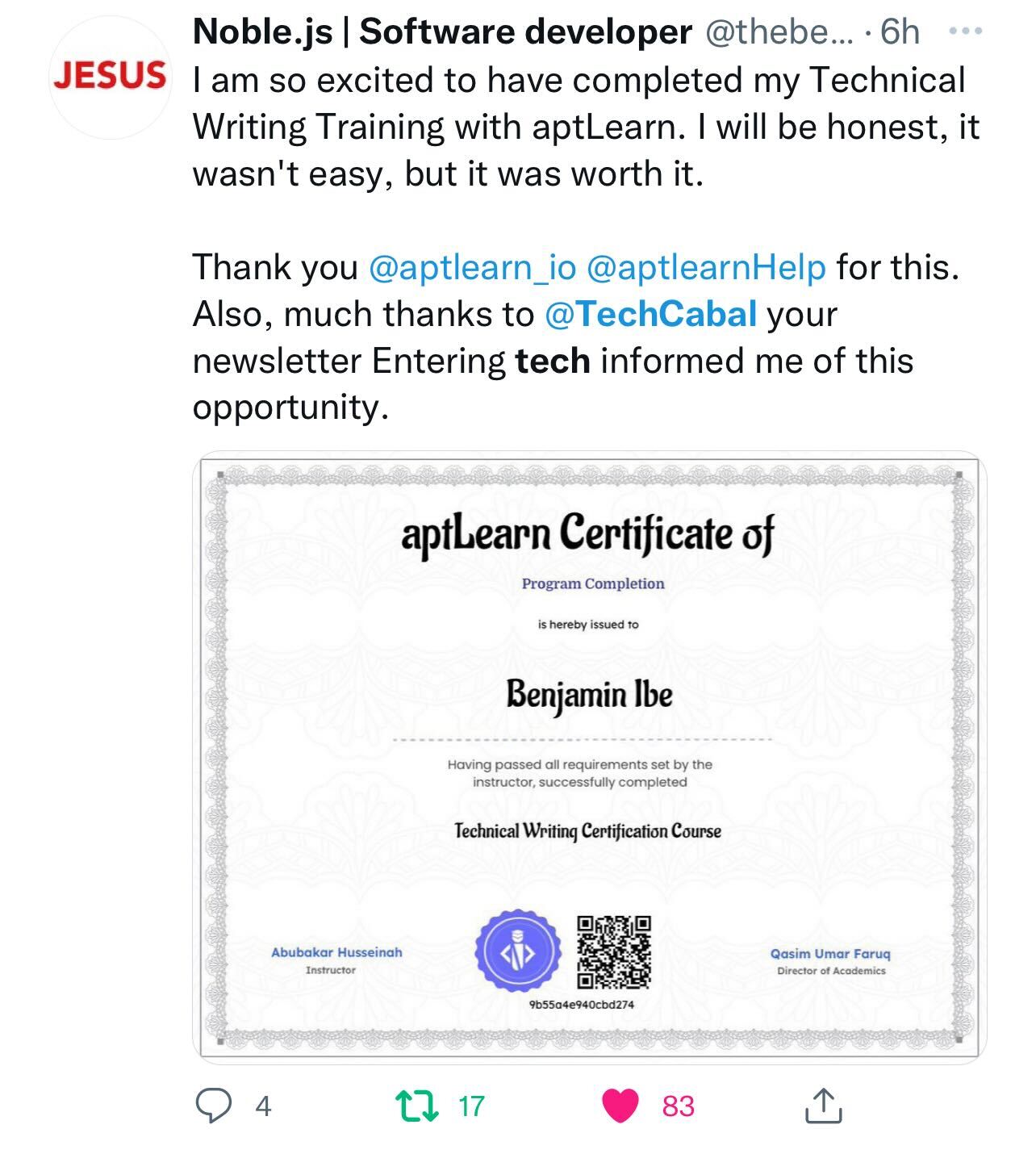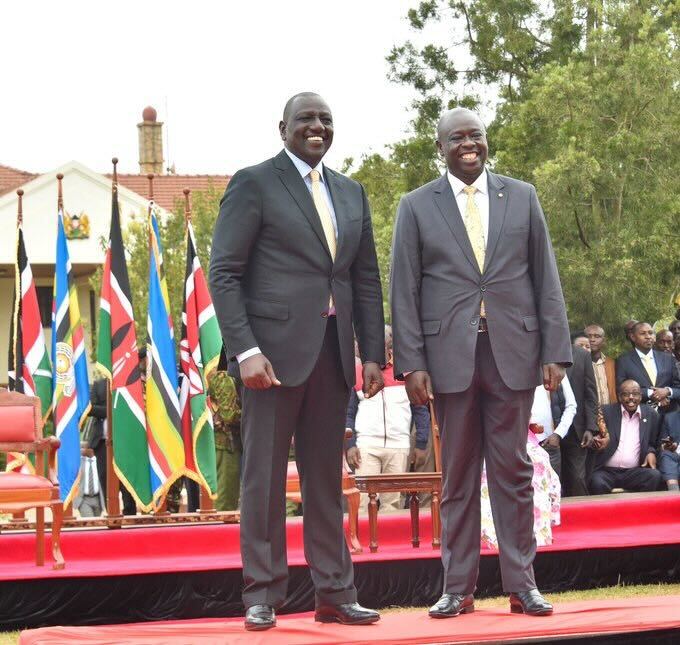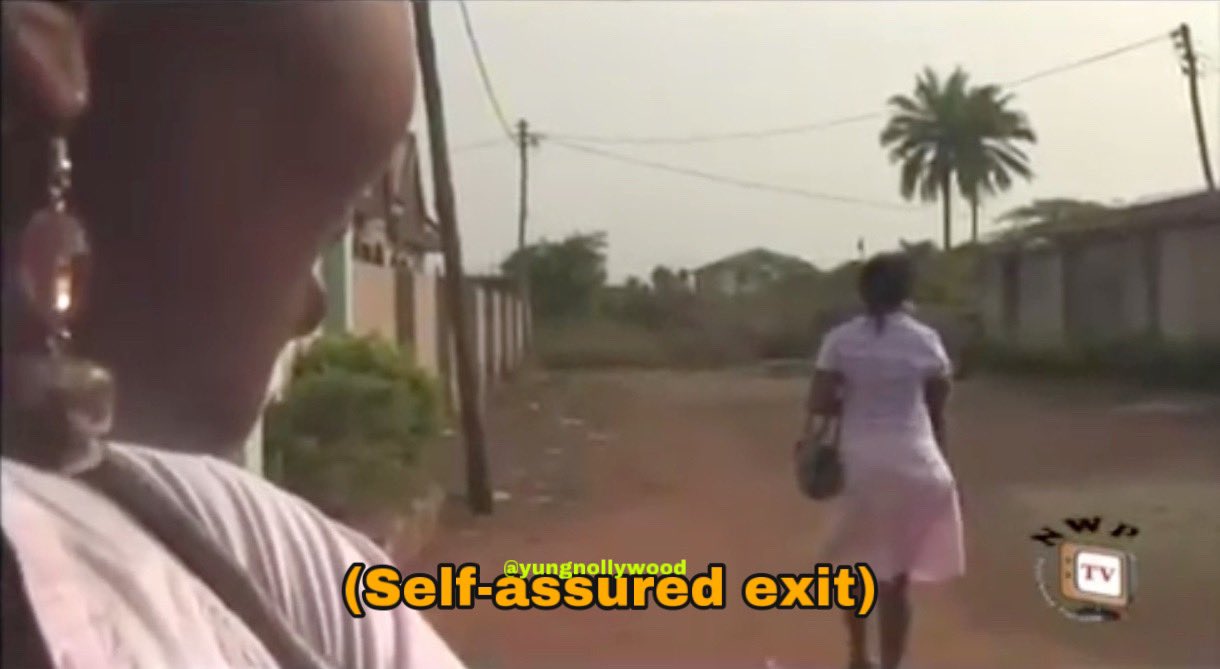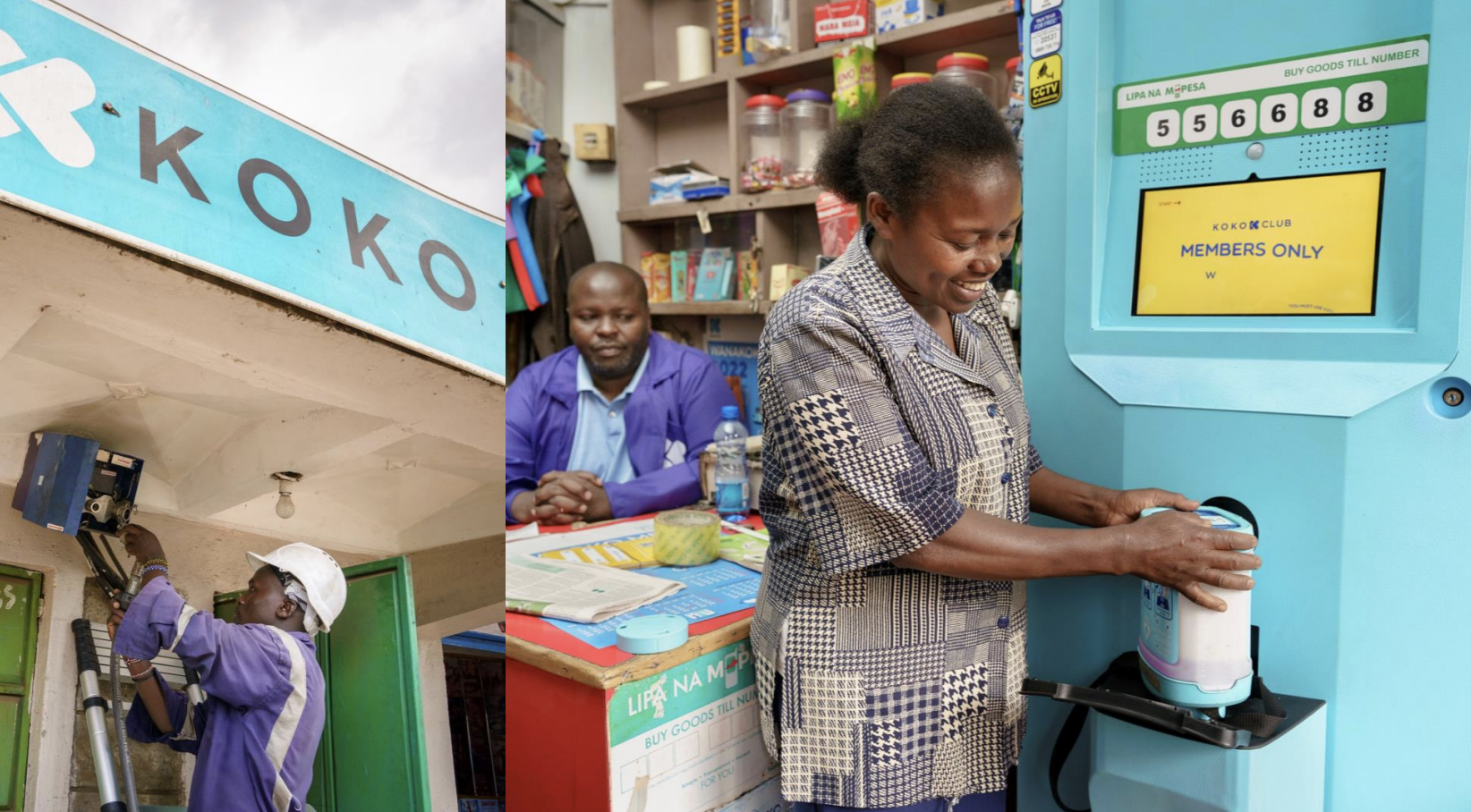
IN PARTNERSHIP WITH

Good morning 🌟
ICYMI, we launched our newest newsletter, #EnteringTech, last week.
If you’re interested in starting a career in tech and don’t know where to begin, sign up, and we’ll share insights from people who have done it before, every Wednesday at 12 PM WAT, in your mailbox.
Here’s what a reader tweeted about Entering Tech.

Check out the first edition—”Five no-code tech jobs”—here.
CRYPTO MARKET: NIGERIA TO LAUNCH A FREE ZONE FOR CRYPTO

|

|

|
|---|---|---|
|
Bitcoin 
|
$19,817 |
– 0.37% |
|
Ether 
|
$1,641 |
+ 4.42% |
|
BNB 
|
$280 |
+ 0.66% |
|
Solana 
|
$32.60 |
+ 1.59% |
|
Cardano 
|
$0.49 |
– 0.07% |
|
|
Source: CoinMarketCap
|
|
* Data as of 06:00 AM WAT, September 6, 2022.
The Nigeria Export Processing Zones Authority (NEPZA) has announced that it intends to collaborate with Talent City and Binance Crypto Exchange to establish a free virtual zone. This will improve the business and investment climate in the country.
What will it be like in the Virtual Free Zone?
In this area, foreigners will have complete control over the businesses they run in the nation. They will also be able to operate quota-free, tax-free, and tariff-free.
Isn’t Nigeria anti-crypto?
The West African nation outlawed cryptocurrency-related transactions on the grounds that the anonymity provided by the virtual currency is used for terrorism and money laundering. The country did, however, introduce its own national digital currency, the e-naira, on October 25, 2021. A rulebook to govern the nation’s investments in digital assets was also published by its Securities and Exchange Commission. The e-naira has been used to carry out transactions worth ₦4 billion ($9.3 million) since it was launched. It would seem that Nigeria is softening its stance in light of the news of this partnership with cryptocurrency exchange platform Binance.
Binance has been making partnerships that aim to accelerate the adoption of cryptocurrencies on the continent. It recently partnered with Cameroon-based Inoni Tech Hub to provide resources and training to young people throughout francophone Africa.
Don’t just send money, send money fast. Send and receive money directly to mobile wallets, bank accounts, Barter or through cash pickup with $end.
Visit send.flutterwave.com and do it now!
This is partner content.
KENYAN SUPREME COURT UPHOLDS RUTO’S VICTORY

Election season is finally over in Kenya, and deputy president William Samoei Ruto has been declared winner of Who Wants To Rule Kenya?
Wait, didn’t Ruto already win?
Yes, he did.
After the August 9 elections, Ruto was declared winner of the Kenyan presidential elections by the Independent Electoral and Boundaries Commission’s (IEBC) chairman, Wafula Chebukati, on August 15.
Ruto garnered 50.5%—7,176,141 votes—of the total votes while the opposition, former prime minister, Raila Odinga, got 48.8%, which amounted to 6,942,930 votes.
So, what happened?
Odinga filed a petition. And four of the seven IEBC commissioners denounced the results.
A week after Rutowas declared winner, Raila and his running mate, Martha Karua, filed court petitions in Nairobi, claiming that the 2022 presidential election was rigged with technology.
In a 45-page affidavit, the duo claimed the IEBC website was tampered with, and accused IEBC chairman, Chebukati, of doctoring electronic forms used in tabulating results. According to them, Chebukati was uploading, reuploading, and deleting different forms to the IEBC website even after Ruto had been declared winner of the elections.
The competitors wanted the Supreme Court to order a forensic audit of all the Form 34A forms, and declare the results of the Kenyan presidential elections invalid.
And now?
Ruto still wins.
Yesterday, the Kenyan Supreme Court upheld Chebukati’s August 15 declaration and confirmed Ruto as the winner of the Kenyan presidential elections.
The unanimous verdict, delivered by Martha Koome, chair of the seven-member court, stated that none of the four IEBC commissioners have “shown any evidence that the election was compromised”.
Regarding Odinga and Karua’s petition, the court also said that it had found no evidence of tampering on the IEBC servers.
The big picture: With the Supreme Court’s declaration, Ruto’s path to the Kenyan State House is sure. Raila and Karua have tweeted their responses to the Supreme Court’s judgement with both stating that while they would respect it, they disagreed “vehemently” with it. Now we can only hope that Ruto upholds his side of the deal and creates jobs for Kenya’s youth, tackles public debt, and honours the constitution—actions he couldn’t take while he served as outgoing president Uhuru Kenyatta’s deputy president for 10 years.
JUMIA TO DELIVER WITH DRONES IN GHANA

E-commerce giant Jumia has partnered with drone delivery service Zipline and will soon be zipping products around Ghana. Jumia customers in Ghana, especially those in remote areas, now have access to on-demand drone delivery thanks to the partnership.
Remote places?
Jumia said that 27% of orders on its site came from rural areas in Ghana last year after it expanded its logistic network. The shortcomings faced by traditional delivery services in such regions will be resolved by integrating on-demand drone delivery in its system.
But only a few carefully chosen products can be shipped using drones. This is because the drones can only hold three kg at a time.
A more friendly Jumia
Through this partnership, Jumia becomes more environmentally friendly while also expanding its user base in rural areas. The e-commerce company recently inked agreements with manufacturers of electric vehicles like Solar Taxi in Ghana and eBee in Kenya. Their payloads are restricted, but Zipline’s drones are cleaner than conventional delivery vehicles.
More about Zipline
Using its electric autonomous drones, Zipline delivers essential medical supplies like blood and vaccinations. In 2016, it debuted in Rwanda before expanding to Ghana and then the US. In the US, it partnered with global retailer Walmart to make its first commercial deliveries in the US. This partnership with Jumia is its second collaboration with an e-commerce platform and its first in Africa.
ther delays, Safaricom Ethiopia services will be available in 25 cities by April 2023.Increase your online sales with a Paystack Storefront – a free, beautiful seller page that helps you bring creative ideas to life.
👉🏾 Learn more at paystack.com/storefront.
This is partner content.
SOUTH AFRICA WANTS TO SHUT OFF 2G AND 3G NETWORKS BY 2025

South Africa’s Communications and Digital Technologies minister, Khumbudzo Ntshavheni, has proposed that South Africa switch off its 2G cellular networks by June 2024 and its 3G networks by March 2025.
The proposition is contained in a draft policy on the licensing of “next-generation radio frequency spectrum” and published by the minister’s office at the weekend.
Why, though?
The moves come at a time when the government is looking to free up the spectrum for next-generation 5G services.
Shutting down older networks, including those built using 2G and 3G technologies, will help the country “realise the benefits of rapid technological changes in telecommunications”, the draft policy document says.
Here is how they plan to do it
For 2G networks, the prohibition of the licensing of 2G devices by Independent Communications Authority of South Africa (ICASA) shall be done by June 31, 2023. New connections or activations of 2G devices on networks shall be prohibited by December 31, 2023. 2G services shall cease by March 31, 2024, and 2G networks by June 30, 2024.
For 3G networks, the prohibition of the licensing of 3G devices by ICASA shall be done by March 31, 2024. New connections or activations of 3G devices on networks shall be prohibited by September 30, 2024. 3G services shall cease by December 31, 2024, and 3G networks by March 30, 2025.
What could go wrong with this plan?
Forcing a shutdown of 2G networks could invite pushback from the country’s mobile network operators.
Vodacom, the country’s leading operator, stated back in 2019 that even as it prepared to move to more modern technology, it would find it difficult to terminate its 2G network entirely because it needs it for emergency services and applications.
Government promises to be gentle
Minister Ntshaveni has promised that the proposed shutdown of the networks will be done in a coordinated manner that causes “minimal disruption to services”.
The minister also stated that the proposed shut-off dates are not set in stone, and will be subject to a “continuous review” to free the so-called high-demand spectrum.
IN OTHER NEWS FROM TECHCABAL
The Next Wave: Africa does not need more development banks.
Carzami raises an undisclosed pre-seed round to provide quality second-hand cars in Egypt.
Nestcoin’s Metaverse Magna raises $3.2 million to build Africa’s largest gaming community.
Start cashing out your bitcoin for naira today. With Cashout, you can own a bitcoin exchange and start receiving payments with bitcoin. Cashout makes it easy to exchange bitcoin for naira.
Get started today! Cash out with Cashout.
This is partner content.
OPPORTUNITIES
- The Ecobank Fintech Challenge 2022 is now open to Africa-focused fintechs addressing specific problems including financial inclusion, credit scoring, and customer experience. One winner will be awarded a grand prize of $50,000. Apply by September 16.
- Fintechs focusing on financial inclusion in Africa can now apply for the CATAPULT: Inclusion Africa Programme 2022. Ten selected fintechs will participate in a one-week all-expenses-paid bootcamp, and participate in the Arch Summit event. Apply by September 15.
- The Olu of Warri Tech Challenge is now open to applications from young Nigerians who are indigenes or residents of Warri. To win a cash prize of ₦1,000,000, applicants should identify a problem and create a solution that incorporates digital technology. Apply by September 7.
What else is happening in tech?
- Kenya’s Wasoko relocates to Zanzibar as anchor of new government-led pro-startup initiative.
- Nigeria has an electronic waste problem, but an e-waste bill may not be the solution.
- Chinese brands are in the lead as Africa’s demand for 5G smartphones grows.





























